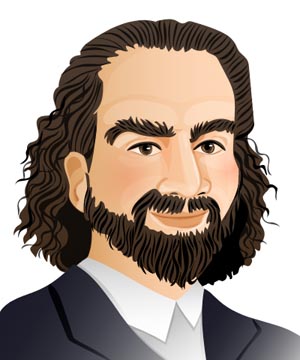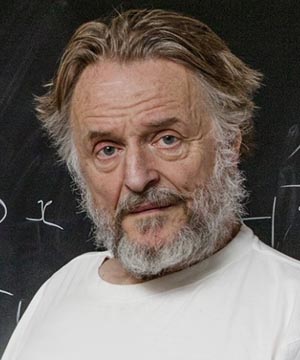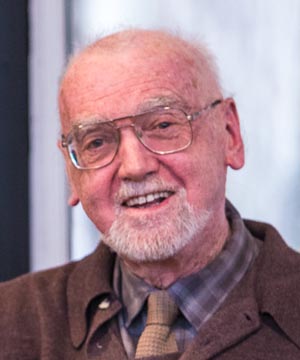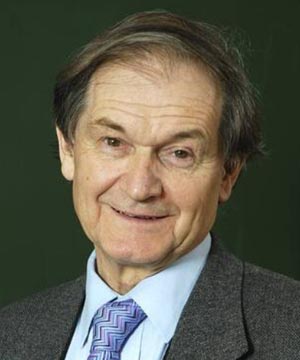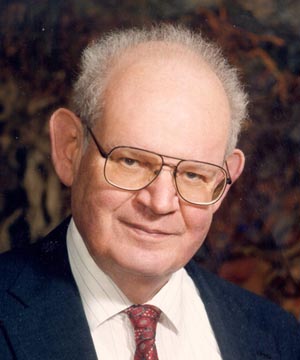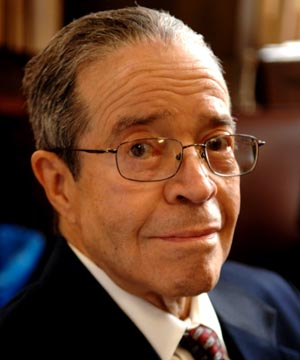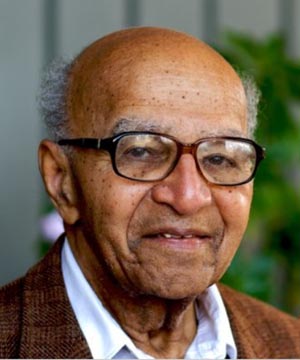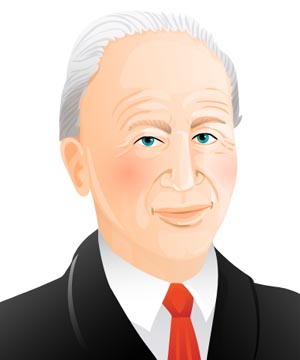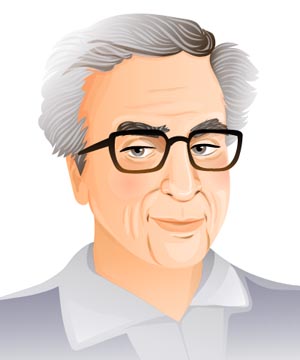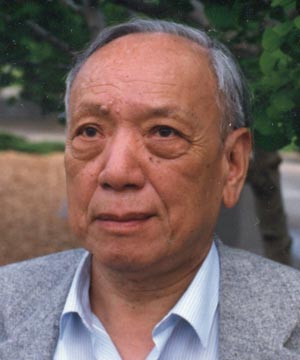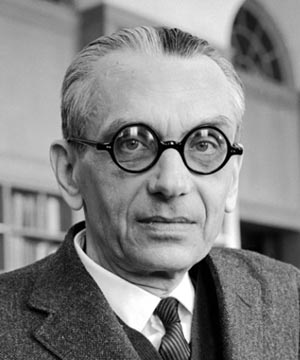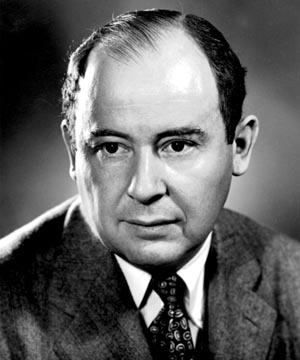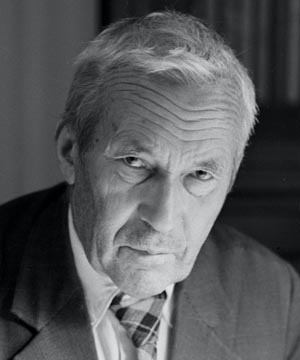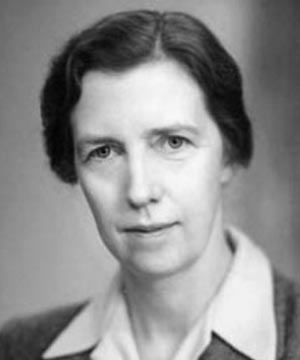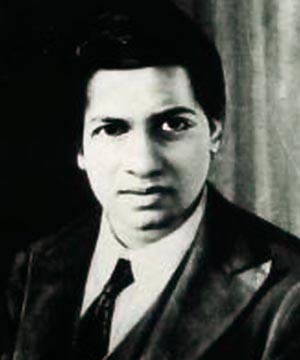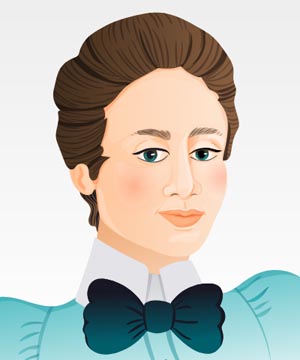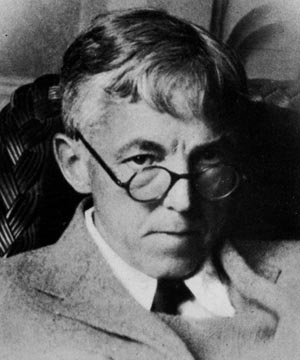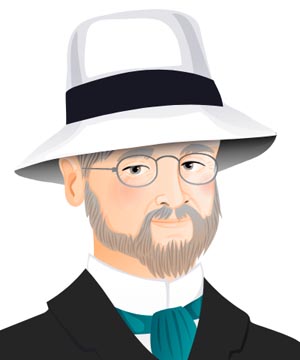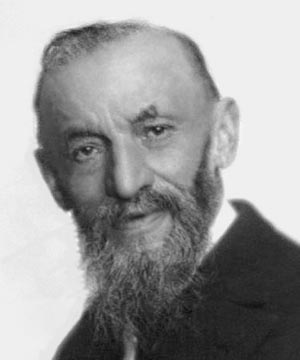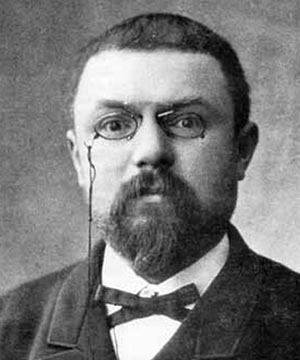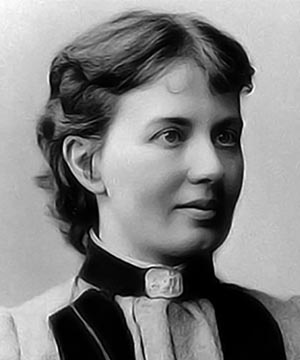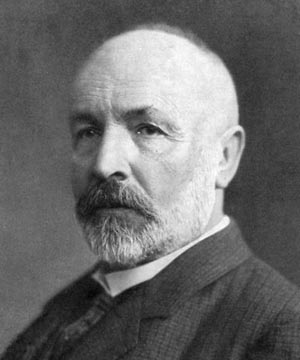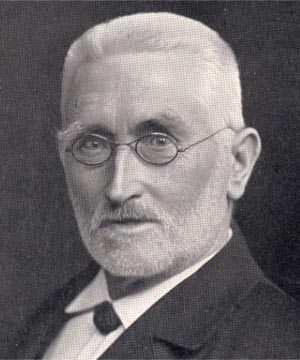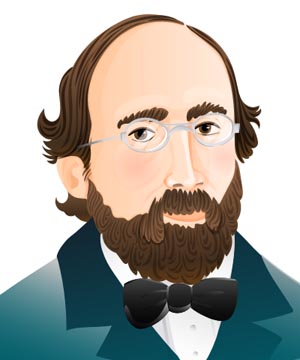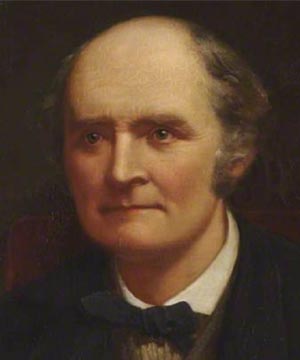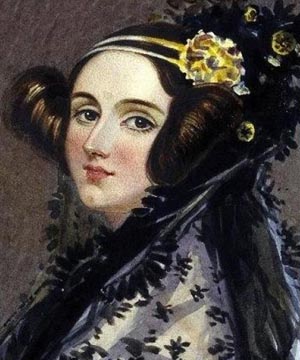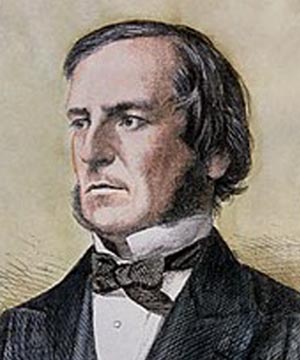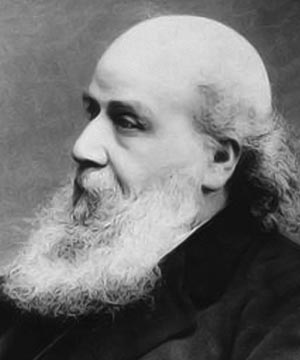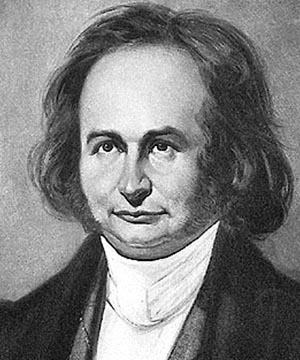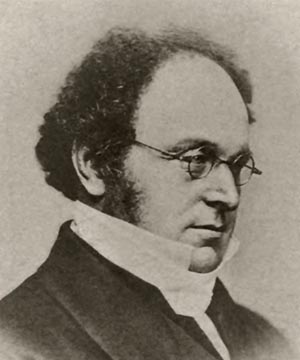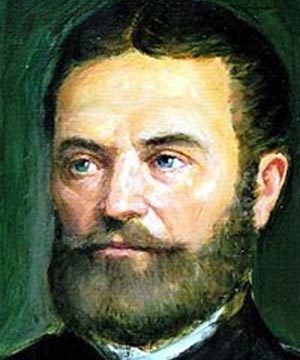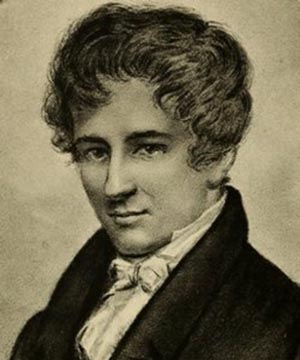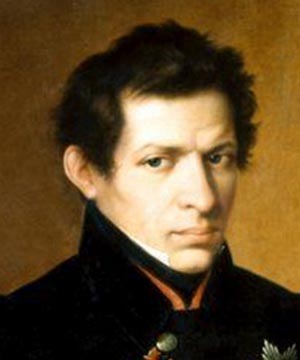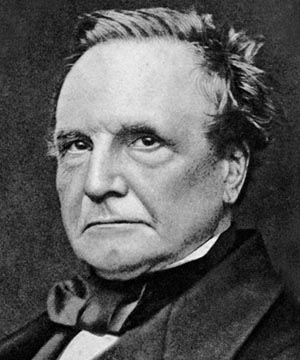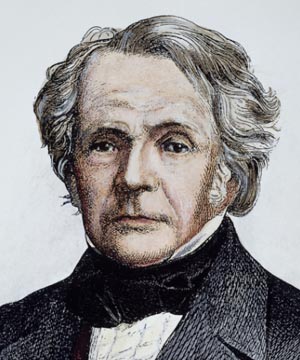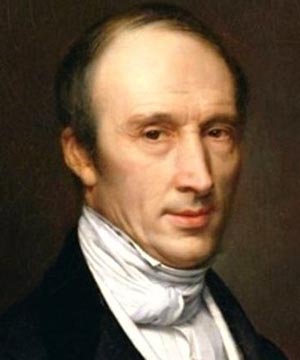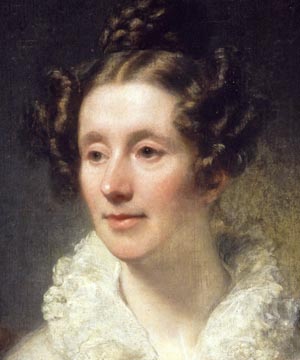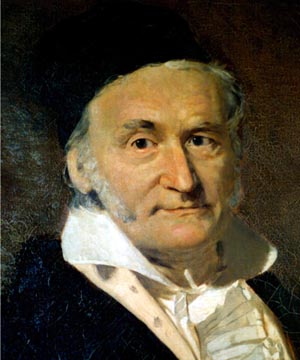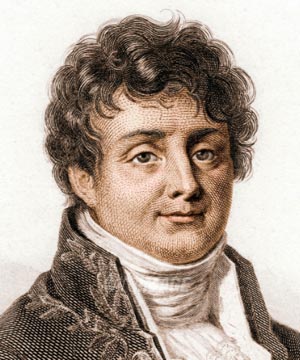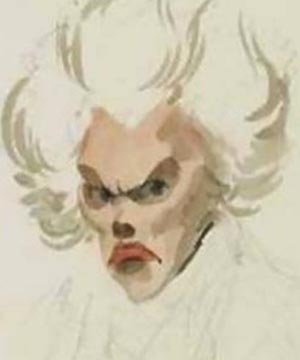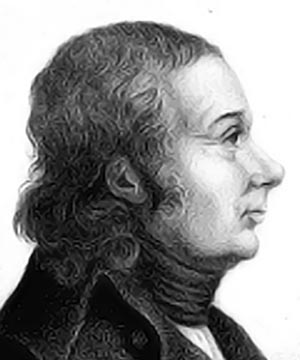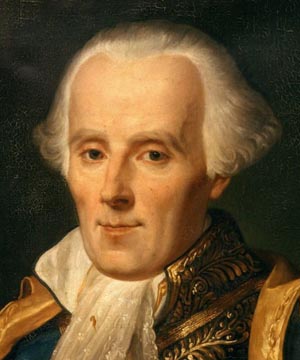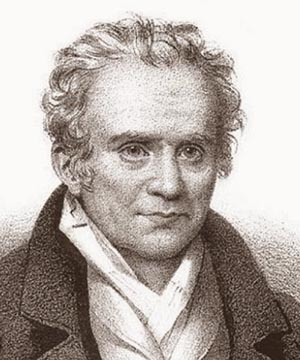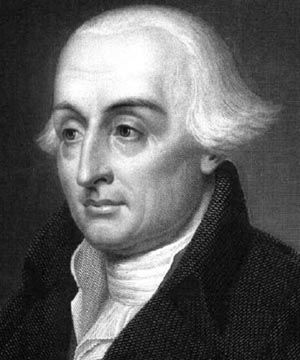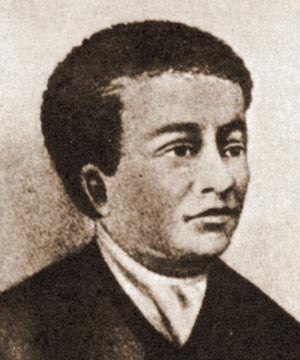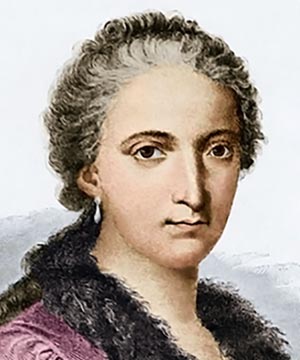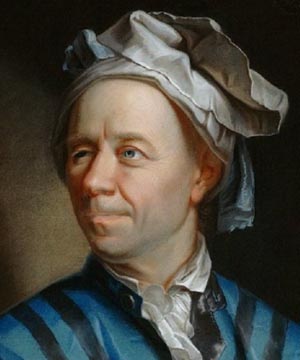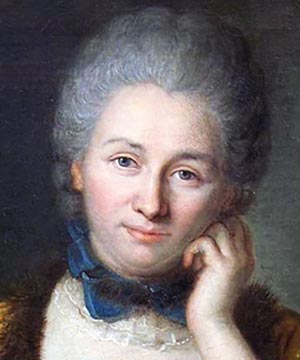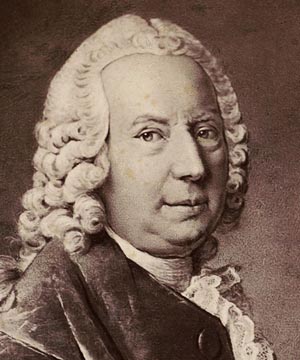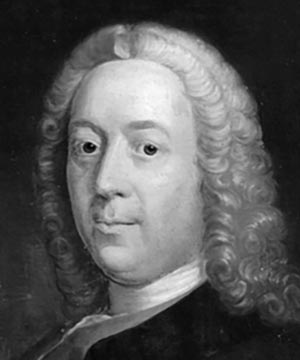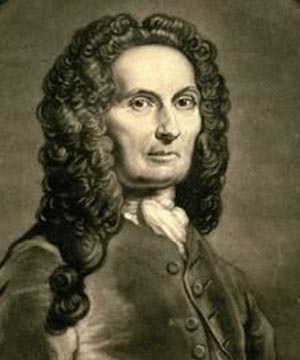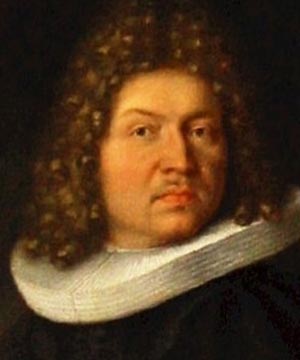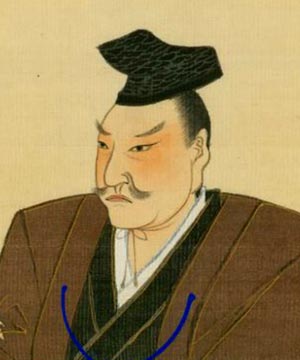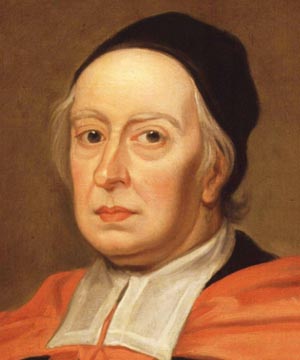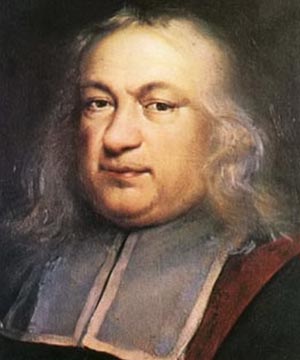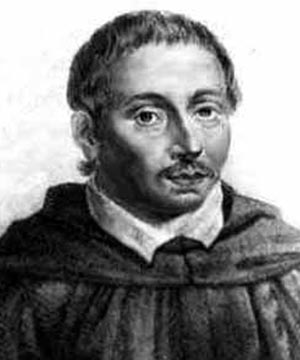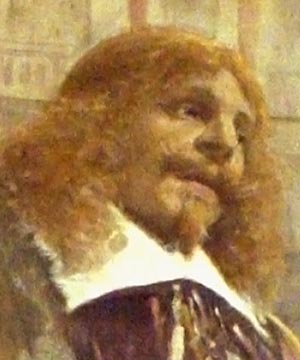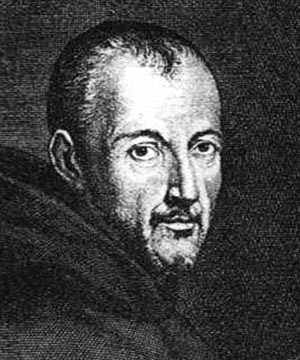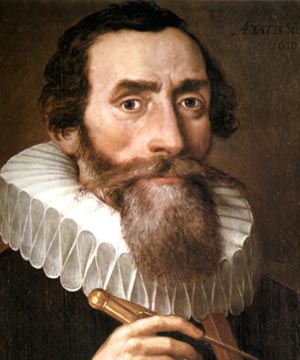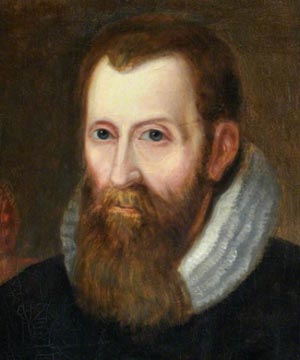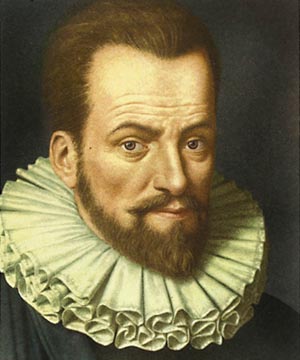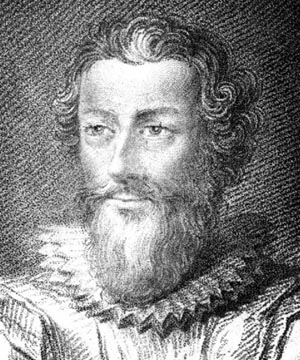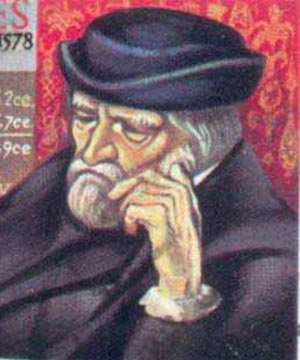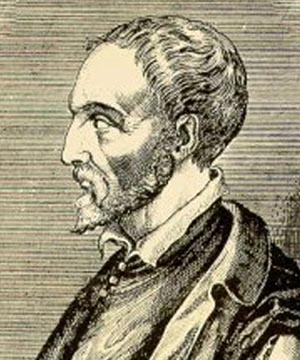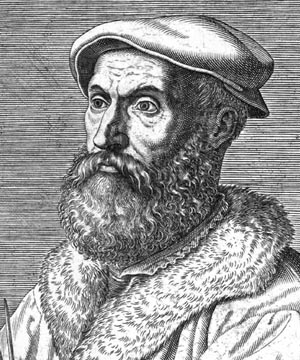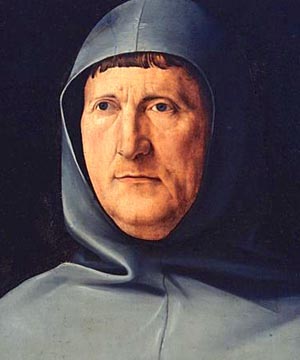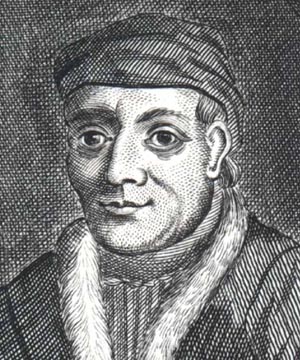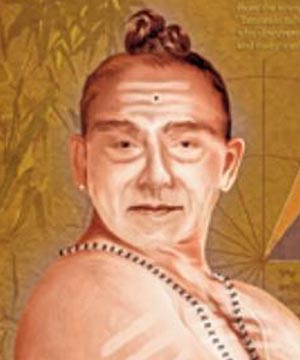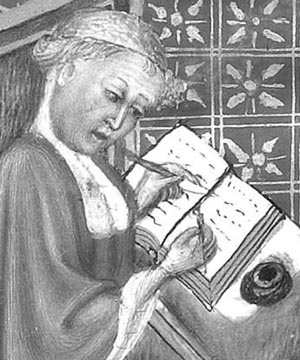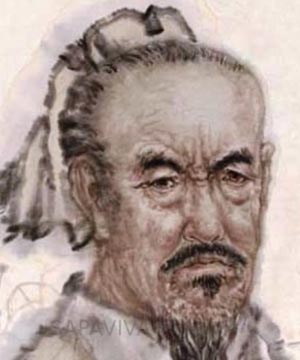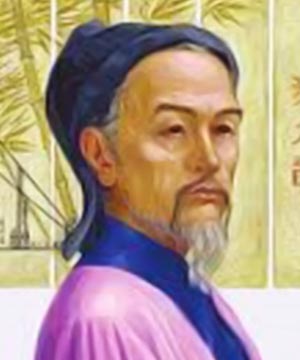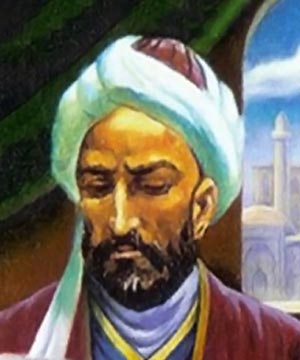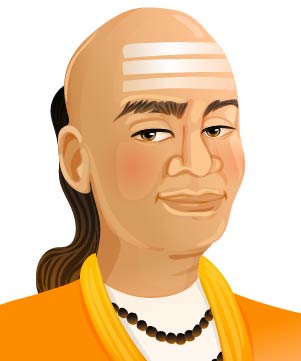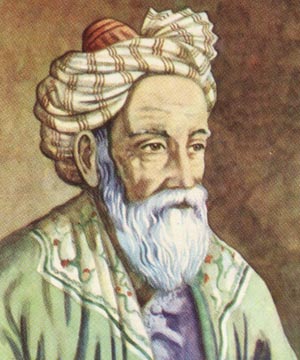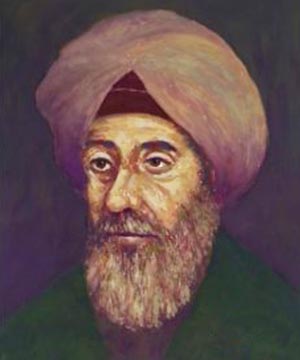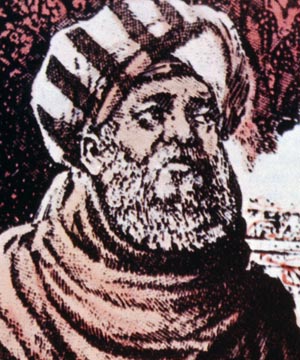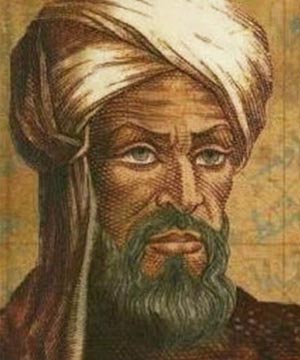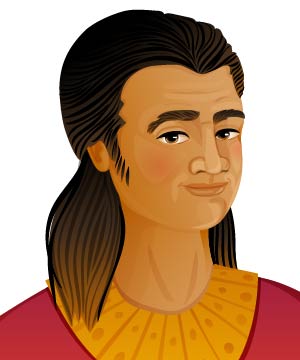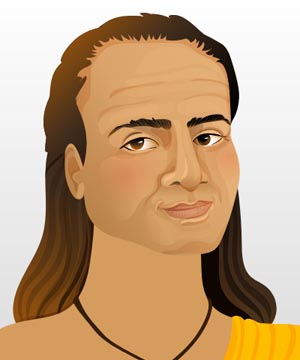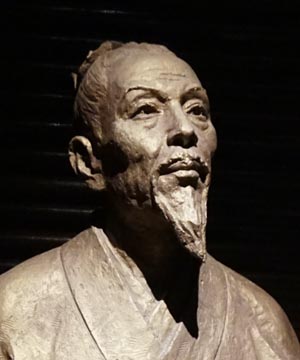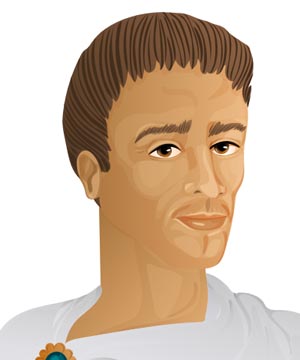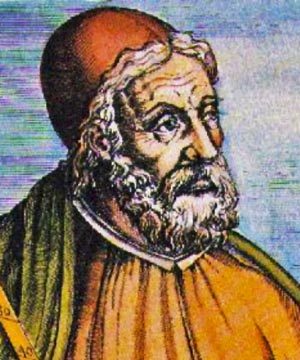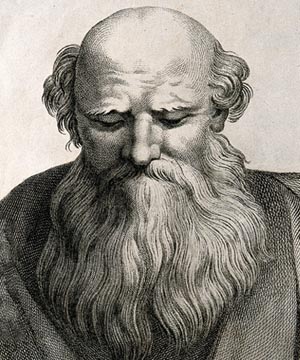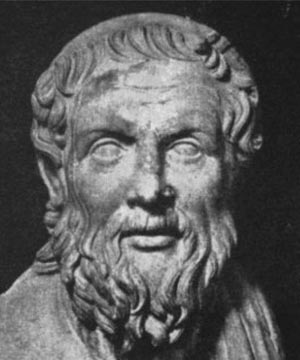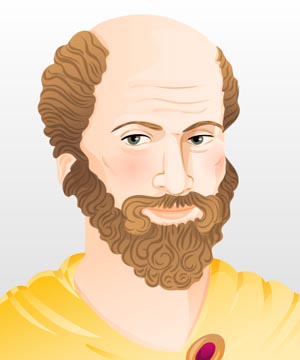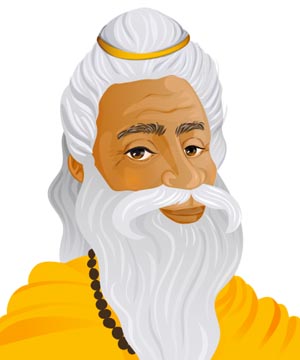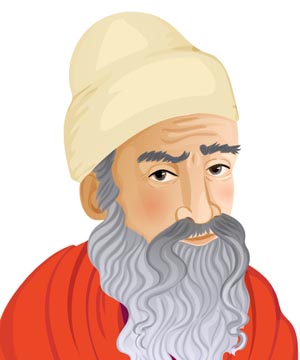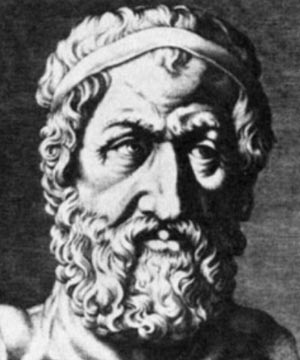c. 300 BCE: Indian mathematician Pingala writes about zero, binary numbers, Fibonacci numbers, and Pascal’s triangle.
c. 260 BCE: Archimedes proves that π is between 3.1429 and 3.1408.
c. 235 BCE: Eratosthenes uses a sieve algorithm to quickly find prime numbers.
c. 200 BCE: The “Suàn shù shū” (Book on Numbers and Computation) is one of the oldest Chinese texts about mathematics.
c. 100 CE: Nicomachus poses the oldest still-unsolved problem in mathematics: whether there are any odd perfect numbers.
c. 250 CE: The Mayan culture in Central America flourishes, and uses a base-20 numeral system.
c. 830 CE: Al-Khwarizmi publishes “Kitab al-jabr wa al-muqābalah”, the first book about – and the namesake of – Algebra.
1202: Fibonacci’s Liber Abaci introduces Arabic numerals to Europe, as well as simple algebra and the Fibonacci numbers.
1482: First printed edition of Euclid’s Elements
1545: Cardano conceives the idea of complex numbers.
1609: Kepler publishes the “Astronomia nova”, where he explains that planets move on elliptical orbits.
1618: Napier publishes the first references to the number e, in a book on logarithms.
1637: Fermat claims to have proven Fermat’s Last Theorem.
1654: Pascal and Fermat develop the theory of probability.
1684: Leibniz’ publishes the first paper on the calculus.
1687: Newton publishes the Principia Mathematica, containing the laws of gravity and motion, as well as his version of calculus.
1736: Euler solves the Königsberg bridges problem by inventing graph theory.
1761: Lambert proves that π is irrational
1799: Gauss proves the fundamental theorem of algebra.
1829: Bolyai, Gauss and Lobachevsky all invent hyperbolic non-Euclidean geometry.
1832: Galois finds a general condition for solving algebraic equations, thereby founding Group theory and Galois theory.
1858: August Ferdinand Möbius invents the Möbius strip.
1874: Cantor proves that there are different “sizes” of infinity, and that the real numbers are uncountable.
1895: Poincaré’s paper “Analysis Situs” starts modern topology.
1905: Einstein explains the photoelectric effect and Brownian motion, discovers special relativity, and E = mc².
1915: Noether shows that every conservation law in physics corresponds to a symmetry of the universe.
1931: Gödel’s incompleteness theorem establishes that mathematics will always be incomplete.
1939: A group of French mathematicians publish their first book under the pseudonym of Nicolas Bourbaki, on Set theory.
1961: Lorenz discovers chaotic behaviour in weather simulations – the butterfly effect.
1976: Appel and Haken prove the Four Colour Conjecture using a computer.
1977: Adelman, Rivest and Shamir introduce public-key cryptography using prime numbers.
1994: Andrew Wiles proves Fermat’s Last Theorem.
2000: The Clay Mathematics Institute published the seven Millenium Prize Problems.
2003: Perelman proves the Poincaré conjecture, the only one of the seven Millennium problems that have been solved to date.
c. 9100 BCE: Oldest known agricultural settlement in Cyprus.
c. 2030 BCE: The Sumerian city of Ur is the largest city in the world.
c. 3500 BCE: The first vehicles with wheels appear in Mesopotamia and Eastern Europe.
c. 3200 BCE: The first writing systems appear in Mesopotamia, Egypt and the Indus Valley.
c. 3000 BCE: First evidence of smelting iron ore to make wrought iron.
c. 2560 BCE: The Great Pyramid of Giza is built in ancient Egypt, for Pharaoh Khufu.
c. 1754 BCE: The Babylonian King Hammurabi Issues the Code of Hammurabi, one of the first legal documents.
776 BCE: The first Olympic Games competition takes place in Greece.
753 BCE: Legendary date of the founding of Rome.
c. 563 BCE: Buddha is born in India. His teachings become the foundation of Buddhism.
c. 551 BCE: Confucius is born in China. His teachings become the foundation of Confucianism.
490 BCE: Greece stop the Persian invasion at the battle of Marathon. The Classical period begins.
432 BCE: The Acropolis is built in Athens, during its golden age under the rule of Pericles.
399 BCE: Socrates is sentenced to death, refuses to escape, and drinks a cup of poison.
327 BCE: Alexander the Great invades India, having created an enormous empire across Asia.
c. 221 BCE: Qin Shi Huang unifies China and starts construction of the Great Wall.
146 BCE: The Roman army destroys Carthage, ending the Third Punic War.
44 BCE: Julius Caesar is murdered.
4 BCE: Jesus of Nazareth is born in Bethlehem, establishing Christianity.
180 CE: The death of Marcus Aurelius ends the Pax Romana, a 200 year period of peace across Europe.
476 CE: Fall of the Roman Empire
570 CE: Muhammad, the founder of Islam, is born in Mecca.
c. 641 CE: The Library of Alexandria is destroyed.
800 CE: Charlemagne is crowned as the first Holy Roman Emperor.
c. 870 CE: Norse explorers discover and colonise Iceland.
1066: William the Conqueror wins the battle of Hastings and is crowned King of England.
1088: The first university is established in Bologna, Italy.
1096: The First Crusade is launched by Pope Urban II.
1206: Genghis Khan defeats his rivals and receives the title “Universal Ruler of the Mongols”.
1215: King John of England is forced to sign the Magna Carta, restricting his powers.
1266: Marco Polo arrives at the court of Kublai Khan in Beijing.
c. 1347: The Black Death kills millions of people across Europe.
1439: Johannes Gutenberg invents the printing press.
1453: The Ottoman Turks conquer Constantinople, marking the fall of the Byzantine empire.
1492: Christopher Columbus arrives in America, starting a new age of European conquest.
1517: Martin Luther publishes his 95 theses, starting the Protestant reformation.
1522: Ferdinand Magellan’s expedition circumnavigates Earth.
1543: Polish scientist Nicolaus Copernicus writes that the Earth revolves around the Sun.
1588: Under Queen Elizabeth I, England defeats the Spanish Armada.
1603: William Shakespeare’s “Hamlet” is performed for the first time.
1633: Galileo Galilei is tried by the Catholic Inquisition for his scientific writings.
1649: King Charles I is tried and beheaded during the English Civil War.
1756: Wolfgang Amadeus Mozart is born in Austria.
c. 1765: James Watt invents a more efficient steam engine, that will power the industrial revolution.
1776: America Issues its Declaration of Independence from Great Britain.
1789: Revolutionaries storm the Bastille in Paris, starting the French Revolution.
1804: Napoleon is crowned emperor of France.
1819: Simón Bolívar defeats Spain at the Battle of Boyacá, leading to the independence of many South American countries.
1837: Samuel Morse and others develop electrical telegraphs.
1859: Charles Darwin publishes “On the Origin of Species”, introducing natural selection.
1865: Abraham Lincoln is assassinated, at the end of the American Civil War.
1876: Alexander Bell invents the telephone.
1903: The Wright Brothers construct the first powered, heavier-than-air aircraft.
1914: Franz Ferdinand of Austria is assassinated in Sarajevo, starting the first World War.
1929: The Black Tuesday stock market crash starts the great depression.
1939: Adolf Hitler invades Poland, starting World War II.
1953: Watson and Crick discover the double-helix structure of DNA.
1957: The Soviet Union launches Sputnik 1, the first man-made satellite into space.
1969: Apollo 11 astronauts Neil Armstrong and Buzz Aldrin land and walk on the moon.
1975: End of the Vietnam War
1989: Tim Berners-Lee invents the World Wide Web.




